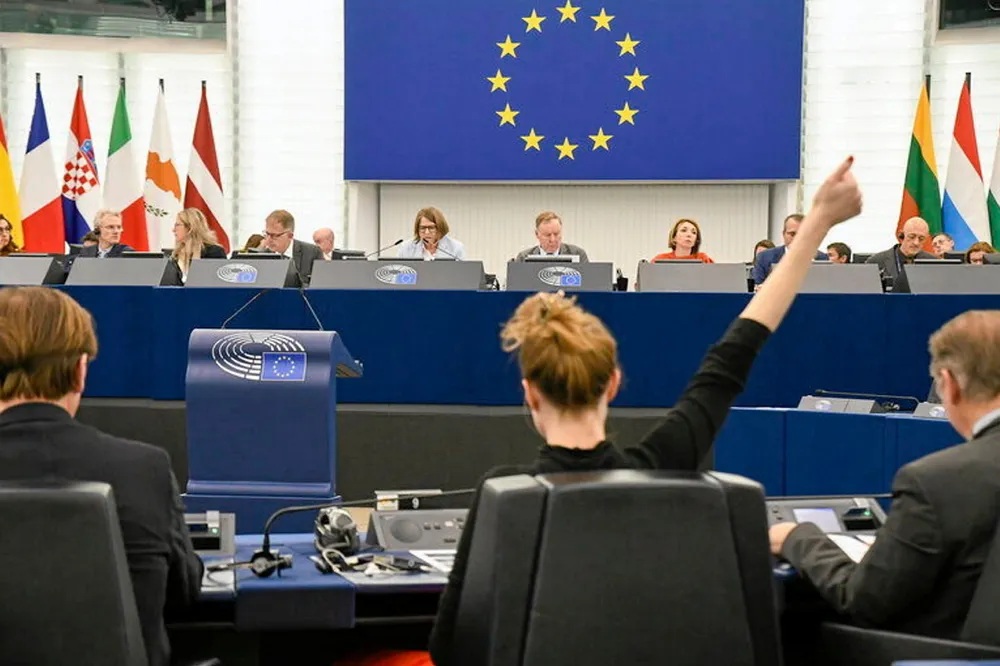European Parliament waves through list of key cross-border hydrogen infrastructure
Sixth PCI/PMI list expected to be signed into law this spring, if no objections are raised by the Council of the EU

Sixth PCI/PMI list expected to be signed into law this spring, if no objections are raised by the Council of the EU
